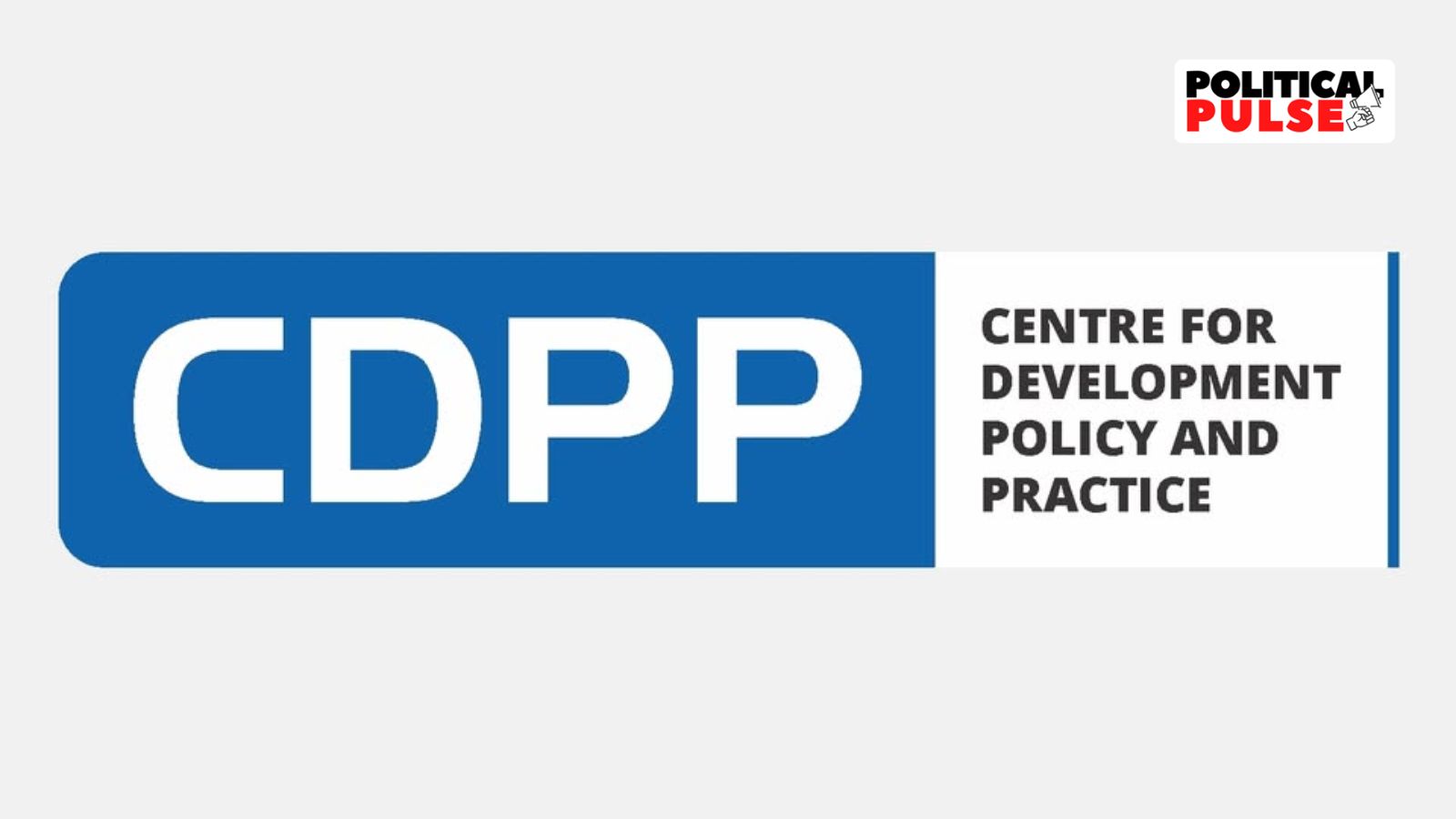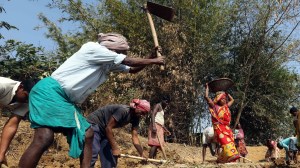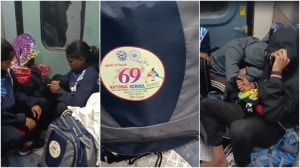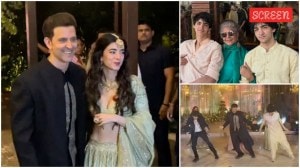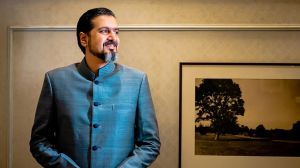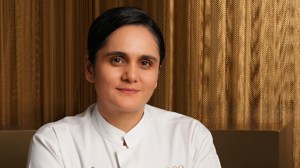Sub-categorisation of the OBC reservation category to include Muslims, bringing in Dalit Muslims and Christians under the Scheduled Caste (SC) quota, and a revaluation of the existing 50% ceiling on reservation “on a rational basis”.
These are among the key suggestions of a report titled “Rethinking Affirmative Action for Muslims in Contemporary India” that was released on February 5 by the Centre for Development Policy and Practice (CDPP) in collaboration with the US-India Policy Institute.

Written by Hilal Ahmed, Associate Professor of the Centre for the Study of Developing Societies (CSDS); Mohd. Sanjeer Alam, Associate Professor, CSDS; and Nazima Parveen, Associate Research Fellow, Policy Perspective Foundation, the report examines affirmative action for the Muslim community and provides a roadmap ahead.
Ahmed told The Indian Express that the report was a “stock-taking exercise of the government’s existing policies and programmes”. “We wanted to sensitise the policy makers and the political class to start talking about affirmative action for Muslims in contemporary times. Ths issue has lost policy and political relevance in recent times,” said Ahmed.
A key recommendation of the report is to continue with religion-based quota under the OBC category, as it exists in some states, and formulate “rational” and secular sub-categorisation of OBC”. OBCs currently get 27% quota. This is different across states, with different groups classified as OBCs.
The report also speaks of “secularisation of the Scheduled Caste (SC) category” to include Dalit Muslims and Sikhs in it, and in the process expanding the category.
To strengthen its argument for inclusion of minorities in the SC quota, the report highlights the demand for the same from the Pasmanda Muslim community. “Caste-based exploitation is not exclusively related to Hindus,” the report says.
Story continues below this ad
In a chapter titled “Action Plan,” the report says the existing 50% ceiling on reservation — as established by the Supreme Court in the 1992 Indra Sawhney v. Union of India case — must be “re-evaluated” to “accommodate new backward communities in the affirmative action framework”.
The report cites examples of states such as Kerala, Karnataka, and Andhra Pradesh, where Muslims do get reservation under the OBC category, and says that “such classifications and sub-quotas have stood judicial scrutiny”.
The report points out that Muslims are “concentrated in the lower rungs of occupations of the society”. While Muslims fare better than SCs/STs, “they are way behind” HFCs (Hindu Forward Castes),” the report notes.
Going ahead, the report suggests a framework of “space-centric affirmative action”, focusing on the overall development of identified spatial units like districts, which are socio-economically backward. This framework, the report says, will “highlight the convergence of different programmes and schemes at the grassroots level”.
Story continues below this ad
The report also calls for examining occupations in which Muslims work disproportionately and create sector-specific policies for them.
On education, the report says that “Muslim households are more likely than others to discontinue from study with advancing age”. It quotes the Educational Participation Rate (EPR) for Muslims (for the age group 14–17 years) as per the National Sample Surveys and points out that it is less than the overall average by 13 percentage points and the lowest of all SRGs (socio-religious groups).
“Despite the rising curve of access to upper reaches of schooling, the social pattern of educational participation remains the same as was observed by the SCR (Sachar Committee report) (2006) more than a decade ago… Continuing participation deficit among Muslims in higher levels of schooling relative to other SRGs suggests that they have benefited the least from the educational expansion process,” the report says.
It further says that “whatever economic indicators” are considered, Muslims are worse “off as compared to HFCs (Hindu Forward Castes) as well as HOBCs (HINDU OBCs)”.
Story continues below this ad
The Sachar Commission, constituted in March 2005 by former Prime Minister Manmohan Singh, had used government data to evaluate the socioeconomic and educational status of Muslims in India. It had concluded that Muslims must be treated as a marginalised community as they “fare badly across the indicators of educational participation and attainment”.

